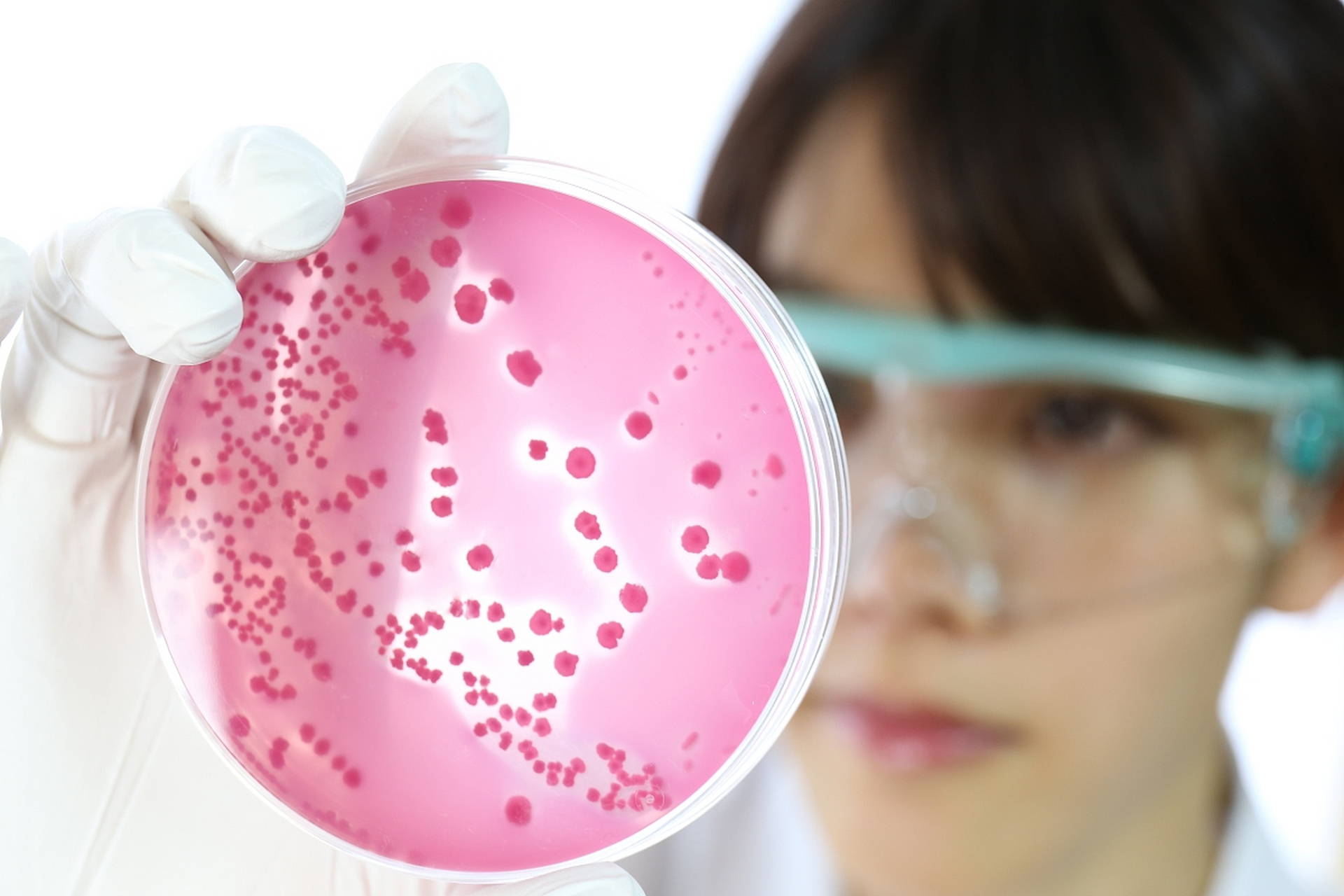The commonly tested bacterial strains for antibacterial testing mainly include the following categories:
bacteria
·Gram positive bacteria:
Staphylococcus aureus: This is the most resistant pathogenic bacterium among non spore forming bacteria, commonly found on human skin, especially in the folds of the nose and arms. Under appropriate conditions, it can cause skin infections such as boils, abscesses, and food poisoning. Due to its strong resistance and wide distribution, Staphylococcus aureus is often used as a representative strain for antibacterial testing.
·Gram negative bacteria:
Escherichia coli: This is a bacterium widely present in the intestines of humans and animals. Although most E. coli are harmless, certain specific types, such as O157: H7, It can produce toxins, leading to food poisoning and serious intestinal diseases. Escherichia coli is often used as one of the bacterial strains for antibacterial testing due to its easy accessibility and widespread transmission in daily life.
Klebsiella pneumoniae: This is also a common Gram negative bacterium that is often used as a test strain in antibacterial testing.
fungus
·Candida albicans: This is a common fungus that exists in the mouth, intestines, and vagina of the human body. In healthy individuals, it usually does not cause problems, but in cases where the immune system is compromised or the microbial balance in certain parts of the body is disrupted, it may lead to infections such as oral candidiasis and vaginal candidiasis. Due to the close contact between textiles, especially underwear and sportswear, and the skin, they may become a medium for the transmission of Candida albicans, making it an important strain in antibacterial testing.

Other bacterial strains
In addition to the commonly tested bacterial strains mentioned above, other bacterial strains may also be included depending on specific needs and testing standards, such as:
·Pseudomonas aeruginosa: This is a bacterial strain that must be tested for medical textiles.
·Bacillus subtilis: This is a highly resistant strain and is sometimes used as one of the bacterial strains for antibacterial testing.
In addition, there are some molds such as Aspergillus niger, Penicillium, Trichoderma, etc., which can grow in humid environments and cause mold growth in products. Therefore, they are often used in the mold detection part of antibacterial testing.
Guangdong Zhonghan Testing Technology Co., Ltd